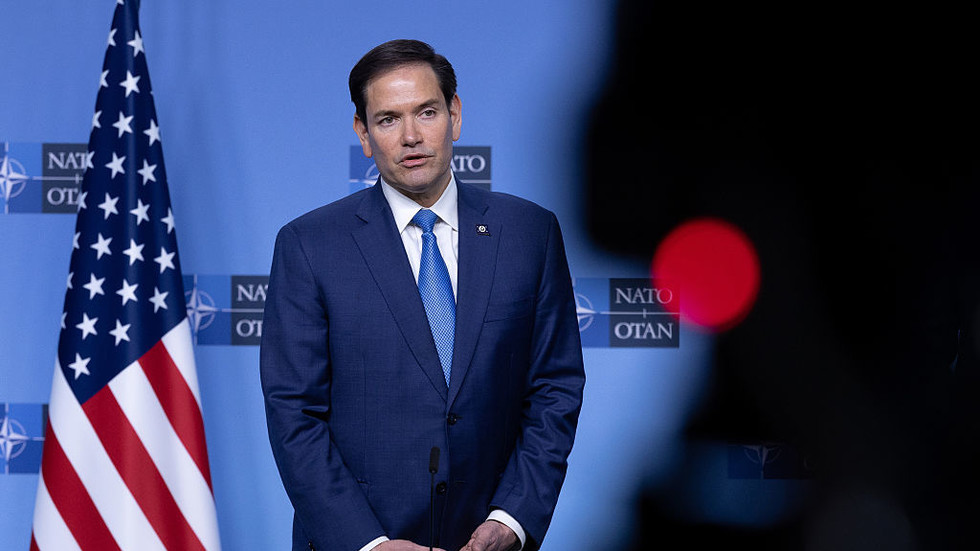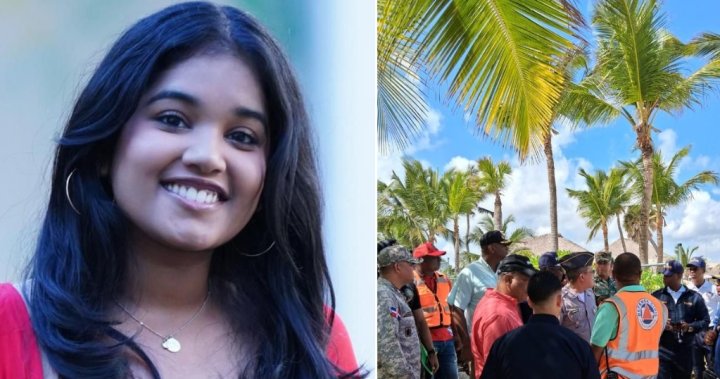Lavrov dismisses European presence at Ukraine peace talks
Vladimir Putin's sidekick, Sergey Lavrov, has mocked the idea of Europe playing a role in peace talks to end the war in Ukraine.
The Russian Foreign Secretary dismissed Europe's influence on the world stage as Russia prepares for landmark negotiations with the United States, sneering: “I don’t know what they have to do at the negotiations table.” His comments came as senior officials from Washington and Moscow prepare to meet in Saudi Arabia for the most significant discussions between the two powers since Russia’s full-scale invasion nearly three years ago.
The high-stakes talks, set for Tuesday, follow a call between the Russian President and US President Donald Trump, in which the two leaders agreed to “start negotiations immediately".
The Kremlin has made its demands clear: Ukraine must withdraw from the four regions which Russia illegally annexed in 2022 and abandon its NATO ambitions - conditions Kyiv has already rejected outright.
Mr Lavrov also ruled out any compromise on Russia’s territorial claims, bluntly stating: “There is not even a thought about it.”

Russian Foreign Minister Sergey Lavrov speaks during a joint news conference with his Serbian counte (Image: AP)

Russian President Vladimir Putin (Image: Getty)
Talking about potential European involvement, he added: "If they are going to weasel out some cunning ideas about freezing the conflict, while actually intending - as is their custom, nature and habit - to continue the war, then why should we invite them at all?"
Mr Lavrov’s taunts have sparked a frantic European response, with French officials calling an emergency meeting of EU and UK representatives to discuss how to counter Washington and Moscow’s sudden diplomatic push.
The fear among European leaders is that the US and Russia could carve up a settlement without them - leaving Ukraine, and by extension Europe, exposed to Russian influence.
Ukrainian President Volodymyr Zelensky has also condemned the talks, warning that any deal struck without Kyiv’s involvement would be illegitimate. He insisted: “The US-Russia talks will yield no results.”
Invalid email
We use your sign-up to provide content in ways you've consented to and to improve our understanding of you. This may include adverts from us and 3rd parties based on our understanding. You can unsubscribe at any time. Read our Privacy Policy

US President Donald Trump (Image: Getty)
While the US has sought to reassure Ukraine, the shift in Washington’s approach marks a stark reversal from the policy under Mr Trump’s predecessor, Joe Biden, who refused to negotiate without Kyiv’s presence.
US Secretary of State Marco Rubio, national security adviser Mike Waltz, and special envoy Steve Witkoff will lead the American delegation, while Mr Lavrov and Putin’s top foreign affairs aide, Yuri Ushakov, will represent Moscow.
According to US State Department spokesperson Tammy Bruce, the meeting’s goal is to gauge “how serious the Russians are about wanting peace".
Europe’s fears are further compounded by Mr Trump’s rhetoric on Ukraine. US Defence Secretary Pete Hegseth recently dismissed Kyiv’s hopes of NATO membership and suggested Ukraine should abandon attempts to reclaim all its lost territory - two key items on Putin’s wish list.

Volodymyr Zelensky pictured at the Munich Security Conference (Image: Getty)
Meanwhile, retired General Keith Kellogg, Mr Trump’s special envoy for Russia and Ukraine, is set to visit Kyiv next week to discuss security guarantees, with Mr Zelensky making it clear that no deal is acceptable without firm commitments from the West.
For now, Europe is left scrambling for influence, as Washington and Moscow take centre stage in negotiations that could shape the future of Ukraine.
Mr Lavrov’s contempt for European involvement highlights just how far Russia believes the balance of power has shifted.

 1 month ago
15
1 month ago
15










 English (US) ·
English (US) ·